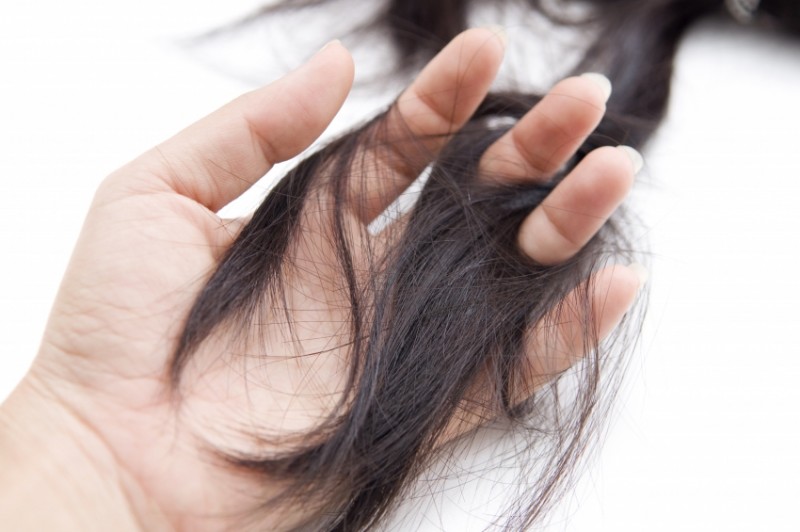
Hair loss can be distressing and impact self-confidence. But fear not, there are several strategies and lifestyle changes you can embrace to prevent hair fall and encourage healthy hair growth. Let's explore effective ways to tackle this concern and maintain a lush head of hair.
Hair growth occurs in three stages: anagen (growth phase), catagen (transitional phase), and telogen (resting phase). Understanding these phases helps in addressing hair loss concerns effectively.
Hair follicles can become blocked due to various reasons like excess oil production, product buildup, or inflammation. Keeping the scalp clean and healthy is crucial.
A nutritious diet supports hair health. Include protein-rich foods like eggs, lean meats, and legumes. Also, incorporate vitamins and minerals found in fruits, vegetables, and nuts to promote hair growth.
Drinking sufficient water is fundamental for overall health, including hair health. It keeps your scalp and hair follicles hydrated, aiding in preventing hair loss.
Stress can contribute to hair loss. Practice stress-reducing techniques like yoga, meditation, or any activity that relaxes your mind. Adequate sleep is also crucial for reducing stress.
Avoid harsh hairstyles, excessive brushing, or using very hot water to wash your hair. Treat your hair gently to prevent breakage and hair fall.
Massaging your scalp improves blood circulation to hair follicles, promoting hair growth. Use essential oils like lavender or rosemary during the massage for added benefits.
Frequent use of heating tools like straighteners or curling irons can damage hair. Limit their use and always apply a heat protectant before styling.
Natural hair masks, such as those made with aloe vera, coconut oil, or honey, can nourish your hair and promote growth. Use them regularly for best results.
If you're experiencing significant hair loss, it's advisable to consult a dermatologist. They can identify any underlying issues and recommend appropriate treatments.
In some cases, medical treatments like minoxidil or finasteride might be recommended by a healthcare professional to combat hair loss.
Certain supplements like biotin or iron may support hair health. Consult a healthcare provider before starting any new supplement regimen.
Both smoking and excessive alcohol consumption can negatively impact hair health. Quitting or reducing these habits can benefit not just your hair, but your overall well-being.
Excessive exposure to the sun and pollution can weaken hair. Use protective accessories like hats and scarves when outdoors.
Obesity or drastic weight changes can impact hormones and lead to hair loss. Maintaining a healthy weight can positively influence hair health.
Regular physical activity promotes good blood circulation, which is essential for healthy hair growth.
If you have any underlying medical conditions that could contribute to hair loss, it's crucial to follow your doctor's advice and treatment plan.
Hair growth takes time. Be patient and consistent with your chosen treatments and lifestyle changes to see significant improvements.
Regularly wash your hair to keep your scalp clean and free of excess oil, dirt, and debris.
Keep a hair care journal to monitor changes, improvements, or any worsening of your hair loss situation. This can help you and your healthcare provider make informed decisions.
Consider joining support groups or online communities where you can share your experiences and get advice from others dealing with hair loss.
In conclusion, preventing hair loss and promoting healthy hair growth involves a combination of a balanced diet, proper hair care, managing stress, and seeking professional guidance when needed. By incorporating these strategies into your routine and being patient, you can work towards healthier and stronger hair.
How to Share Internet Data with Another Mobile: A Comprehensive Guide
Who is PM Modi's Designer Behind His Trendsetting Look?
Indian Economy Creates 52-Million New Formal Jobs from FY20 to FY23: SBI